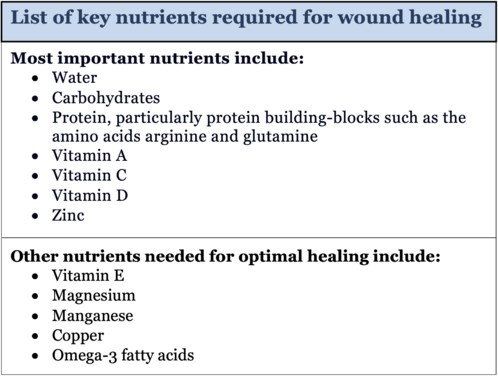A nurse on a medical surgical unit is caring for a group of clients. Which of the following clients should the nurse see first?
A client who is scheduled for surgery in 2 hr
A client whose blood pressure is 160/90 mm Hg and reports a headache
A client who is postoperative and reports intermittent nausea
A client who is postoperative and has a Jackson Pratt drain
The Correct Answer is B
A. Incorrect. While a client scheduled for surgery is important, addressing the client with elevated blood pressure and a headache takes priority.
B. Correct. The client with elevated blood pressure and a headache requires immediate assessment, as these symptoms could indicate a hypertensive crisis or other serious complications.
C. Incorrect. While addressing postoperative nausea is important, the client with elevated blood pressure and headache requires more immediate attention.
D. Incorrect. A client with a Jackson Pratt drain may need care and assessment, but a client with elevated blood pressure and a headache has a more urgent need for evaluation.
Nursing Test Bank
Naxlex Comprehensive Predictor Exams
Related Questions
Correct Answer is B
Explanation
Protein is essential for wound healing as it plays a crucial role in tissue repair and regeneration. It provides the building blocks for new tissue formation and helps in the synthesis of collagen, which is necessary for wound healing. Adequate protein intake promotes wound healing by supporting the growth of new cells, enhancing immune function, and aiding in the formation of new blood vessels.
Calcium is important for bone health but does not directly impact wound healing. However, a balanced diet that includes sources of calcium is generally recommended for overall health. Vitamin D plays a role in bone health and has some influence on immune function and wound healing. However, the primary focus in this scenario should be on protein intake.
Fats, specifically essential fatty acids, are necessary for overall health and immune function. However, increasing fats in the diet may not directly impact wound healing. It is important to consume a balanced diet that includes healthy fats, but the emphasis for wound healing is on protein intake.

Correct Answer is D
Explanation
A. While the client's health insurance status is important for financial considerations, it might not be relevant to the interprofessional team meeting.
B. The timing of the client's dressing change and vital signs are specific care details that may not be essential for the interprofessional team.
D. Correct. The client's difficulty ambulating is a significant change in their condition that may impact care decisions and require input from the interprofessional team.
Whether you are a student looking to ace your exams or a practicing nurse seeking to enhance your expertise , our nursing education contents will empower you with the confidence and competence to make a difference in the lives of patients and become a respected leader in the healthcare field.
Visit Naxlex, invest in your future and unlock endless possibilities with our unparalleled nursing education contents today
Report Wrong Answer on the Current Question
Do you disagree with the answer? If yes, what is your expected answer? Explain.
Kindly be descriptive with the issue you are facing.
